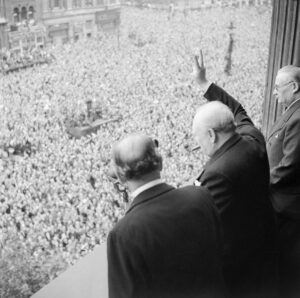 This weekend has seen the seventy fifth anniversary of the end of the Second World War in Europe, the which was celebrated on May 8th 1945 on what was given the soubriquet – ‘VE Day’ – or ‘V-E Day’ – or ‘V Day’ – or ‘Victory Day’ – depending whereabouts on the continent one was.
This weekend has seen the seventy fifth anniversary of the end of the Second World War in Europe, the which was celebrated on May 8th 1945 on what was given the soubriquet – ‘VE Day’ – or ‘V-E Day’ – or ‘V Day’ – or ‘Victory Day’ – depending whereabouts on the continent one was.
That this auspicious anniversary should occur in the midst of a global pandemic has, naturally, caused some controversy, since the public celebrations that might have been thought to be the order of the day could not reasonably take place. In the UK at least I can’t help feeling that – even had the situation not been as it is – there would have been some disputes as to the nature and relevance of any celebrations.
David Lloyd George said of the end of the Great War in Europe:
“At eleven o’clock this morning came to an end the cruellest and most terrible War that has ever scourged mankind. I hope we may say that thus, this fateful morning, came to an end all wars.”
There are those among us who believe that such a hope should still be the basis of any and all remembrance. In his notable Zurich speech of 1946, Churchill said:
“We must build a kind of United States of Europe. The structure of the United States of Europe, if well and truly built, will be such as to make the material strength of a single state less important.”
There are – sadly – those in the UK who happily forget that VE Day was a celebration of the coming together of a continent of nations to defeat a small group of aggressors amongst its number and that the day itself is celebrated by more than just the plucky Brits. These zealots cleave to the image of Britain standing alone (regardless of the fact that she was backed by a huge world-wide empire and openly looked to the New World for salvation) and would love to see VE Day as a celebration of a victory over Europe rather than for it.
The exceptionalism that the UK currently shares with the US has served both nations poorly in their responses to the current pandemic and one of the rich ironies in the UK is that what remains of the generation that fought and won the war is currently dying miserable deaths in the nation’s ravaged care homes. The inevitable eventual inquiry into this tragedy will doubtless record that there had been a number of warnings in recent years as to just such vulnerabilities, the which were – sadly – ignored by successive careless or mendacious governments.
As is so often the case The Guardian cartoonist – Martin Rowson – manages to express in a single image that which I struggle to express in many words.
This moves me – at least – to tears.

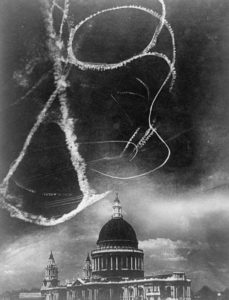
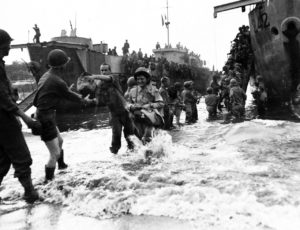
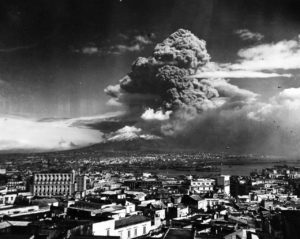
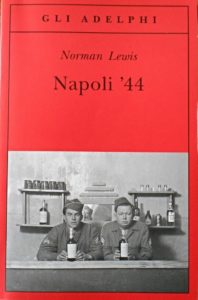


Recent Comments